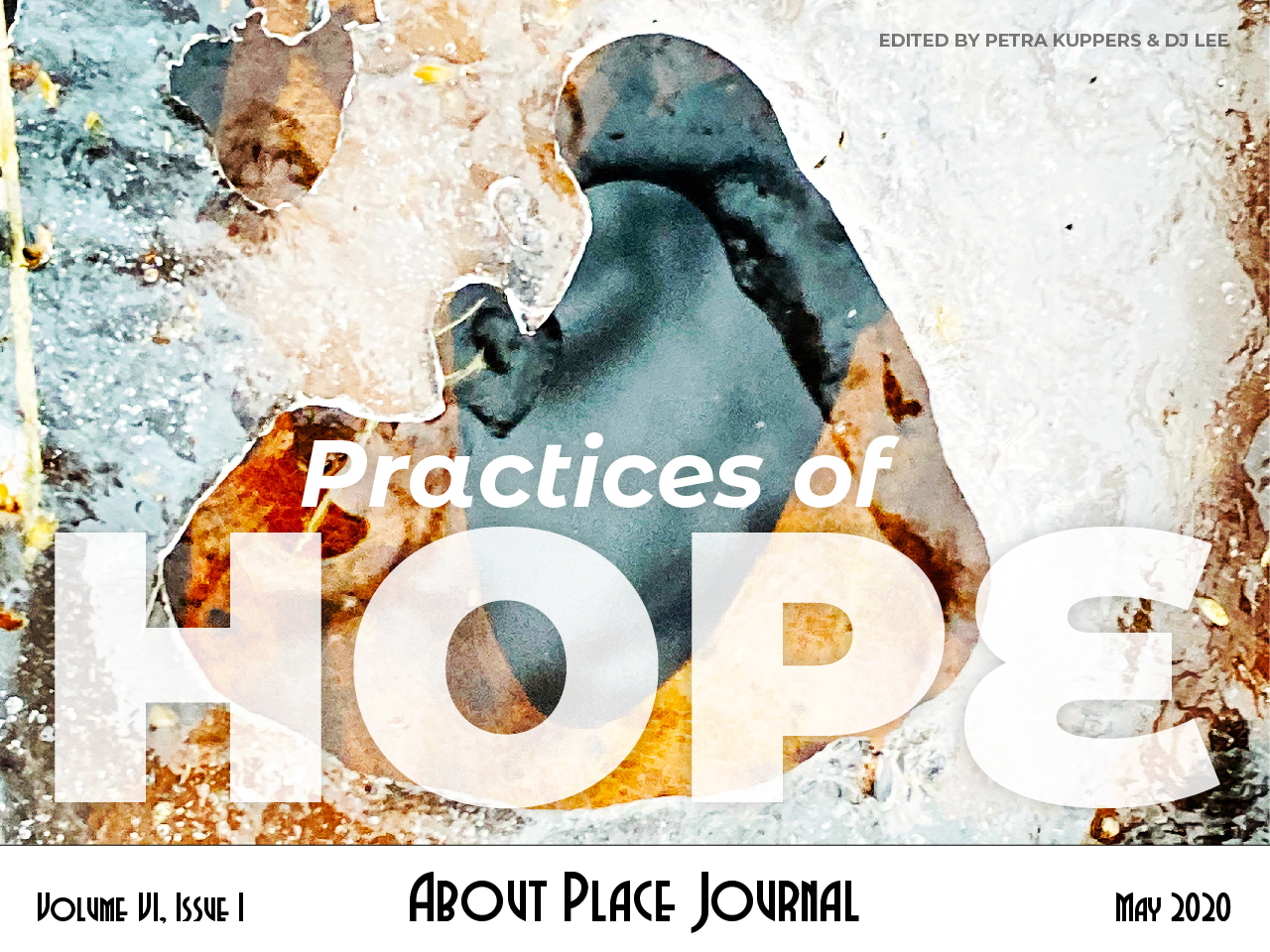When I was a child, and hope was a natural condition of my existence, I believed in the future—believed in its power and infallibility—with a religious fervor. The Future, I’d been told, works its way into our lives, our stories, and reshapes them so long as you commit yourself to it; you have to live for the Future as much as you do for the present, my teachers would say, and I listened. I planned, and went to college, and waited for the Future to bestow its gifts upon me.
I did not understand then about the Future and its nature. I did not understand the degree to which this construction of the Future as a governing entity, as a god, confined me to a path so dismal that it was inevitable I would be led astray of the future I wanted. The linguists George Lakoff and Mark Johnson identify time as a metaphorical concept, and if that metaphor, “time is a valuable commodity,” controls how we talk about time, then we speak of the Future as if it is the sole controller of that commodity.
We asked, in our call for this issue of About Place, “what hope can we afford,” and if you’ve constructed the Future much in the same ways I have, you may have emptied out your pockets of lint and coin and proclaimed, “I can’t afford much!” I felt that way as an adult whose childhood stores of hope have not been replenished in years.
Then I read Vikram Ramakrishnan’s “A Crack in the Ground that Went to the Other Side of the Earth,” a story that revels in nothing more than the abundant hope in people working for the earth and its inhabitants, working to correct that which has been broken. Ramakrishnan’s message—try—is echoed later in “The Lottery of Birth,” where writer Michael Bishop’s call to try again is tempered by frank discussion of our planet’s reality. You see, I once thought that the promise of the Future was that it would wipe away all of my imperfections—every scar acquired, every pain endured. But Bishop knows better of the future and its promises. The future cannot erase who we are no more than we can erase what we have done (to our world, to each other). We can only try again, try better.
I don’t know what sort of hope I can afford; my budget for it changes frequently. I do know that I can’t afford to see the Future the way I did as a child, and I am so thankful to the writers who contributed to this issue of About Place for showing me a different future. I am thankful for Lesley Wheeler, whose poem “We Could Be” doesn’t labor in imagined futures of utopia but instead insists we try with her to be the hope we seek. More action, less lying in wait for the Future to do the work for us.
For artists, action is creation. We hope, with this issue and these artists, you’re inspired to further action, to more elaborate and uncontained and radical creation.

